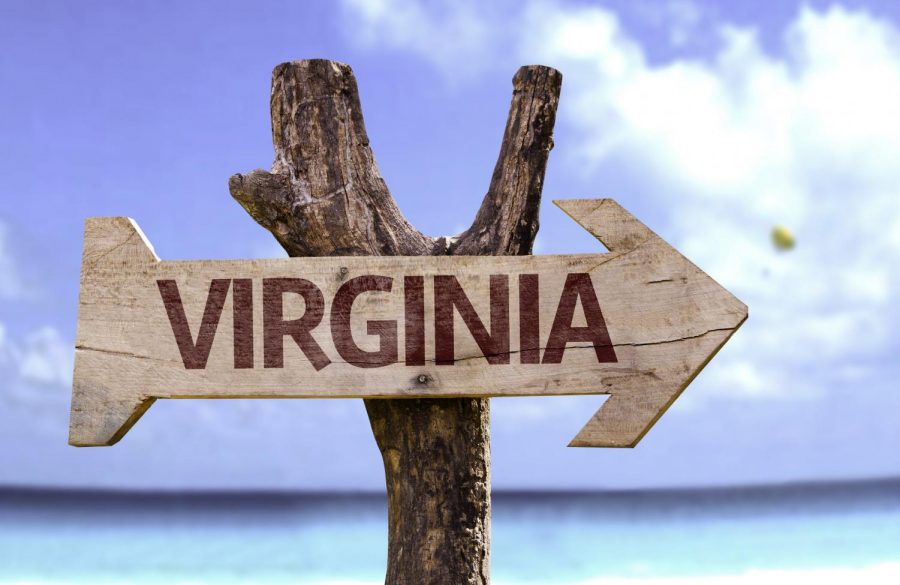Virginia is moving closer to cannabis reform
The administration led by Virginia Governor Ralph Northam has announced a plan to enact adult-use cannabis legalization across the state. Based on the proposed plan, legally-sold recreational cannabis products would be imposed with a 21 percent excise tax.
Moreover, the cannabis legalization plan proposed by Gov. Ralph Northam’s administration would grant a number of licensing preferences to individuals and entities who’ve been most affected by cannabis prohibition.
In the event that this year’s Legislature legalizes the proposed initiative, adult-use sales of cannabis in Virginia would begin on January 1, 2023. A recent report published by the Richmond Times-Dispatch claimed that the Legislature is leaning towards legalization.
Virginia kick-started a limited medical cannabis program in October of last year; at which point the state limited licenses to just five vertical cannabis companies. The following month, the state’s Democratic Governor vowed to introduce an adult-use cannabis program in the state, and it seems that things are moving in the direction he would have hoped.
Virginia’s cannabis measure expected to receive sweeping support from lawmakers
For some time now, Virginia has been contemplating legalization. Why? Mainly to boost tax revenues and help reverse financial implications caused by the coronavirus pandemic. Plus, with voters approving adult-use legalization in New Jersey last November, states like Virginia are certainly feeling the pressure to enact such laws. For example, over in New York, Gov. Andrew Cuomo recently renewed his push for statewide recreational cannabis legalization.
The Northam administration’s proposal to legalize adult-use cannabis in Virginia has been applauded by the Democrat-controlled House and Senate. Additionally, Virginia’s Black Caucus – a political organization devoted to enhancing the economic, educational, political, and social circumstances of African Americans – endorsed the recreational cannabis proposal.
As per the details of the administration’s proposal to legalize recreational cannabis in Virginia, low and zero-interest loans would be made available to the members of communities worst-impacted by the failed war on drugs. Additionally, the legalization plan would grant fee waivers for individuals and entities who are eligible to receive such benefits.
Sales to individual customers are expected to be capped at one ounce. In local jurisdictions that sell adult-use cannabis in Virginia, a maximum tax rate of three percent could be imposed on products. A total tax rate of approximately 30 percent is to be expected; inclusive of a 21 percent excise tax, local sales tax and optional local tax.
Virginia’s cannabis measure has received opposition from critics
Despite the fact that Virginia’s adult-use cannabis proposal has received widespread support in the House and the Senate, it has received criticism from many opponents who are fighting against its transpiration.
On Tuesday, January 19, a coalition of medical experts, community leaders and law enforcement officials collaborated in an attempt to overthrow the legislation. The main arguments against cannabis legalization in Virginia centered around the risks of youth addiction, driver impairment and overdose.
“I have never seen a larger gap between the science and the public’s perception when it comes to the harmful effect of cannabis,” said Charlottesville physician and member of the Christian Medical & Dental Associations, Dr. James Avery. “For example, cannabis is not safe for those under 25 years of age — the studies are clear. Yet it’s become normalized for young people. Neuroscience tells us the younger a person is exposed, the greater the negative impact,” he added.
The opposing group made the announcement just one week after Gov. Northam, along with the support of Sens. Louise Lucas, D-Portsmouth, and Adam Ebbin, D-Alexandria, suggested legalizing cannabis to people aged 21 and older starting from January 1, 2023.








